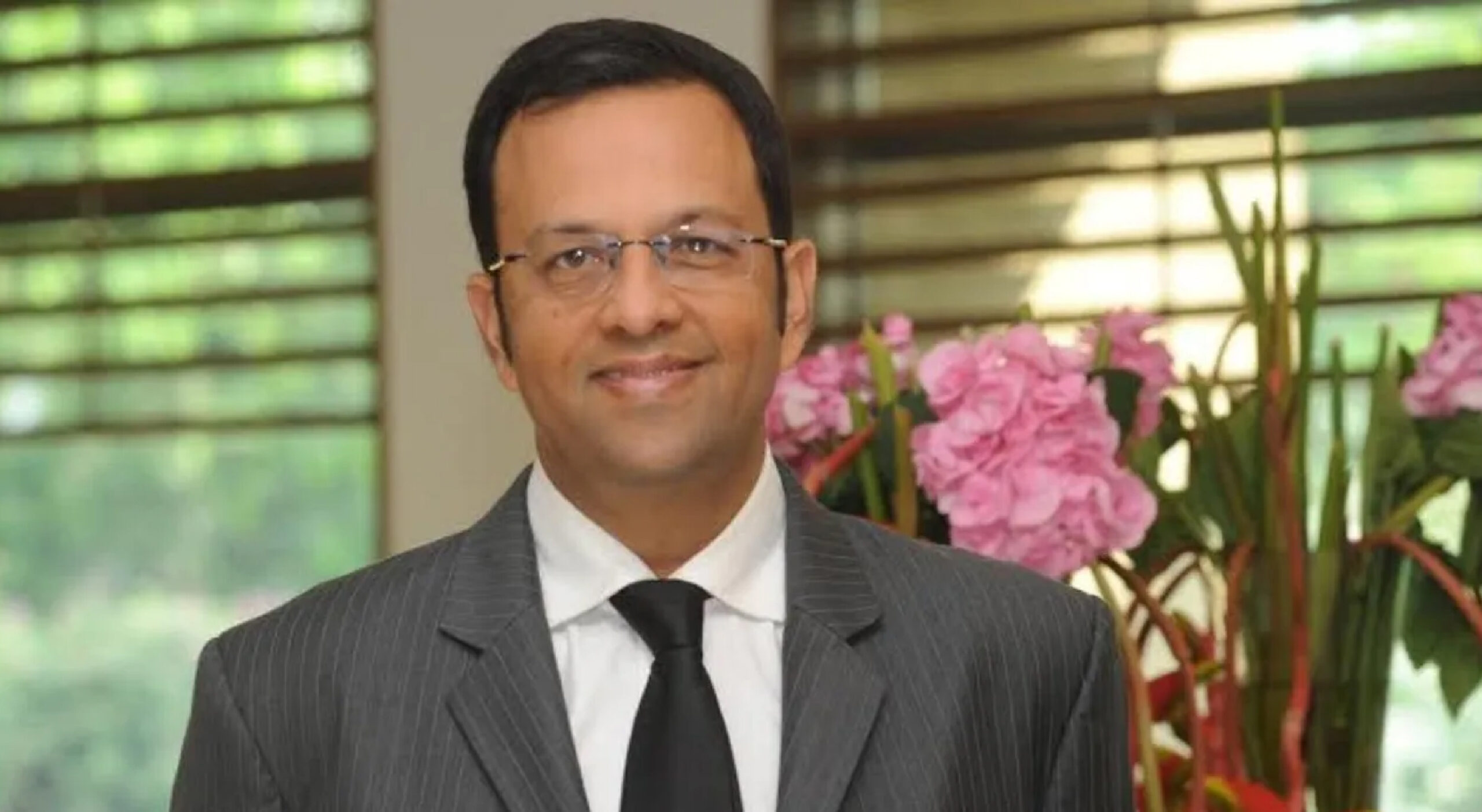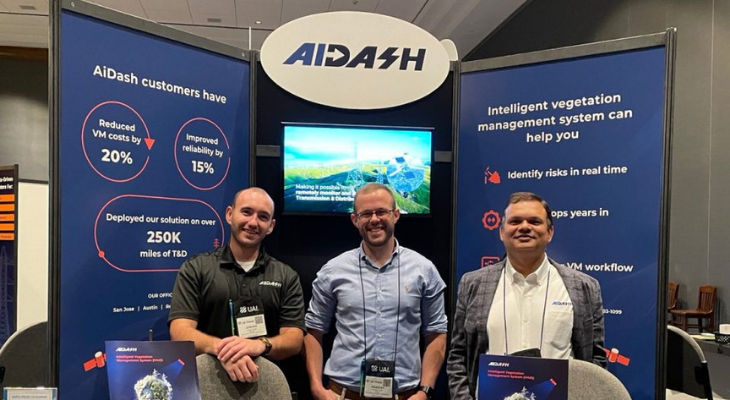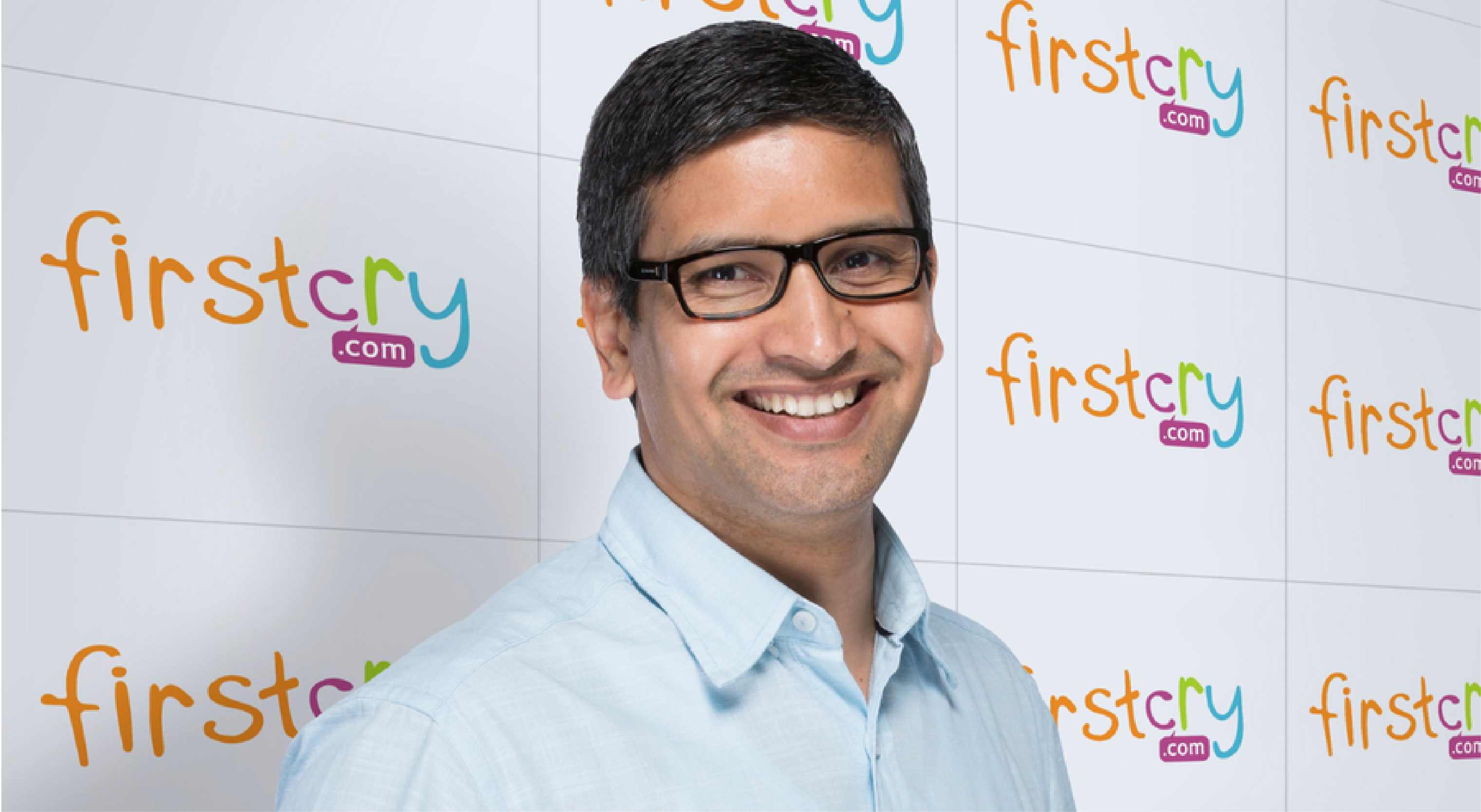A Dronacharya’s pulsating nexus of entrepreneurial dreams
- ByStartupStory | October 27, 2022

The head of investor relations for one of the most valuable businesses in the world, Saudi Aramco, Fergus MacLeod, was imprisoned in India for nearly a week in July for using an unlicensed satellite phone while on vacation in Uttarakhand’s Valley of Flowers in the Chamoli district. This is a regrettable trend, and India has to put systems and procedures in place to prevent a repeat of such avoidable pain for travellers.
If specific approval is needed for satellite phones, it should be made apparent to tourists at the immigration desk they must pass through to enter the country, if not even before they leave for the country. It should be required to be included in the crucial communications an international traveller receives from the immigration official who verifies their passport.
The Line of Actual Control, or “quasi-border,” with China is not far from Chamoli. India has good reason to be wary of foreign visitors using satellite phones at such a location because it is a sensitive area. It is admirable that the Indian authorities were able to identify and locate MacLeod, a citizen of the United Kingdom. The fact that it took almost a week to confirm the executive’s credentials is not respectable.
He was excused and given a $1,000 fine. Should he have been held in jail for a week if the offence for which he is responsible is only severe enough to call for a $1,000 fine? What exactly is the sacredness of approved satellite phones? What if people who acquired the authorization used a fraudulent name, or supposed that authorised phones were stolen by thieves?
What would be the legality of satellite phone restrictions after India authorises satellite broadband, whether from Bharti’s OneWeb or from Elon Musk’s Starlink or both? Should we broadcast noise that might interfere with satellite communications on wavelengths other than those utilised by military satellites in vulnerable areas? Such inquiries require responses from us.
However, the process to identify a foreign visitor and confirm his legitimacy as soon as possible cannot be postponed. Due to the world’s continued reliance on hydrocarbons, Saudi Arabia is a friendly state, a significant oil supplier to India, a fellow G20 member, and endowed with remarkable geopolitical clout. Because his identity and intentions were unclear, a senior employee of a Saudi state-owned company shouldn’t have been imprisoned for a week.

The Saudi oil company, the Saudi government, and the government of the nation he is a citizen of, in this case, the British High Commission, via its consular office in India, should not have needed more than a few hours to check his identification and credentials. An increasing number of nations now require biometric identification when applying for visas, and technological advancements in communication make collecting and transferring biometric data for verification quite simple. It must be determined and laid out if there is no current procedure that is swift enough.
For communication in places where mobile phone signals do not extend, satellite phones are required. India may be able to prevent the creation of such dead zones.
This should be relatively easy, especially in places with established tourist itineraries like the Valley of Flowers. The budget for Bharat Net, the national optical fibre network intended to connect remote villages, might be used for this.
Tourism is a significant sector, both in terms of the money it brings in and the jobs it may provide, as well as the relationships it fosters between people and between other civilizations. National security is crucial as well. With some forethought and established protocols, it should be able to meet both needs.
The gap in satellite phone-carrying protocols was only discovered after MacLeod was imprisoned for a week. Let’s make sure that his pain is not in vain.









